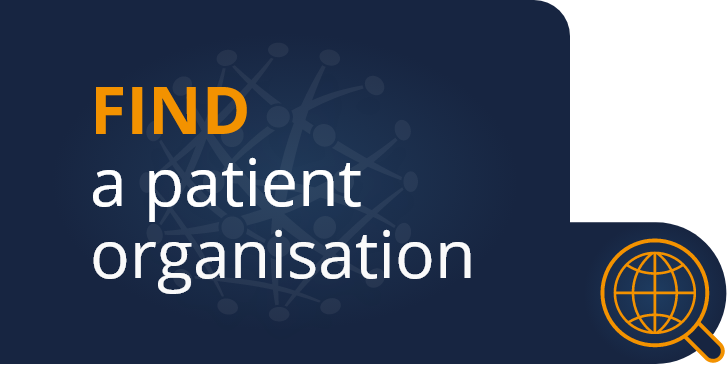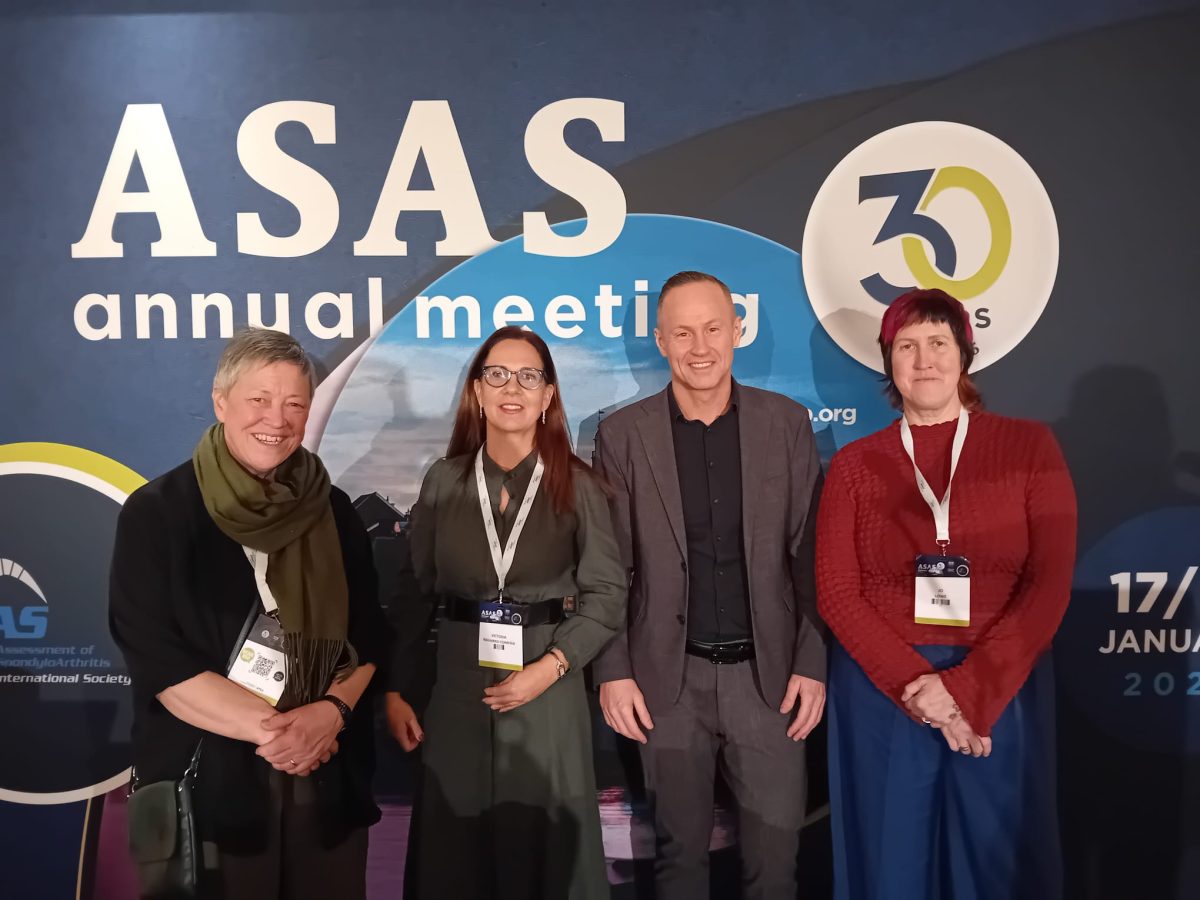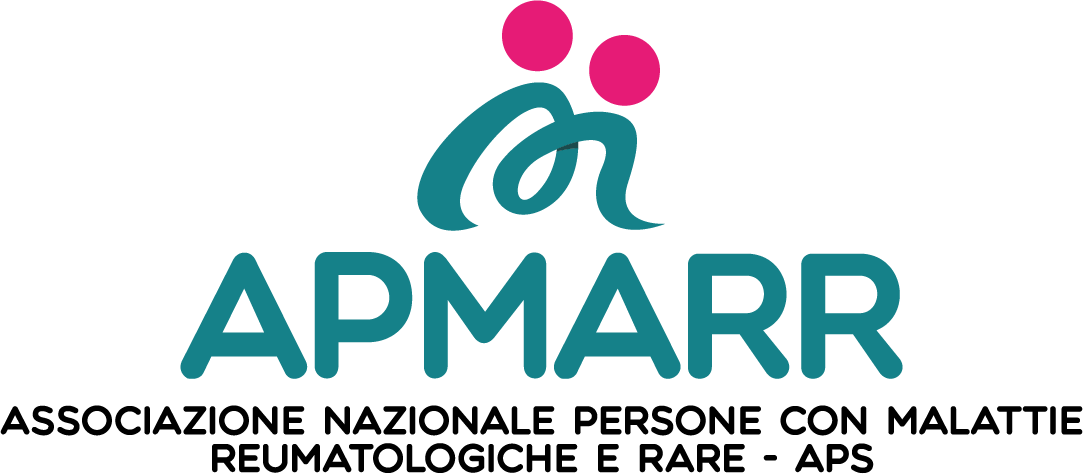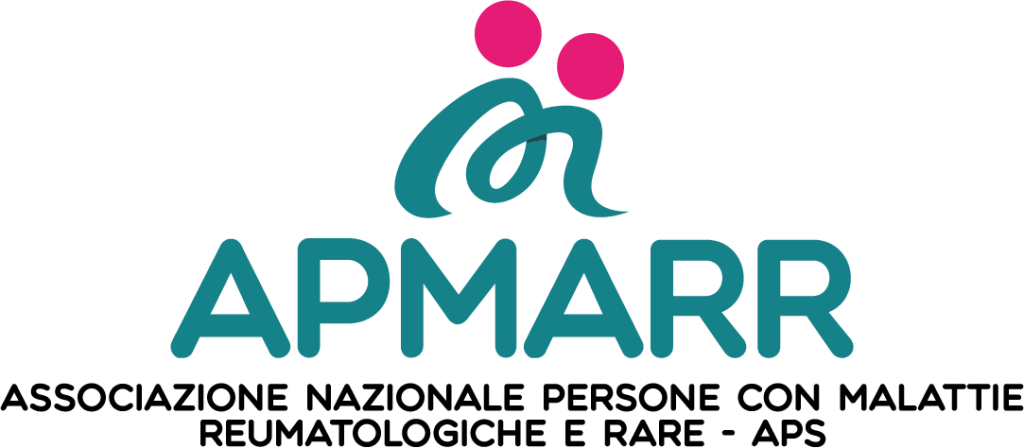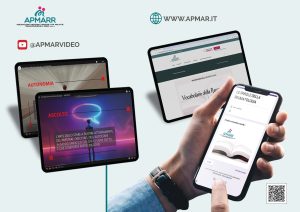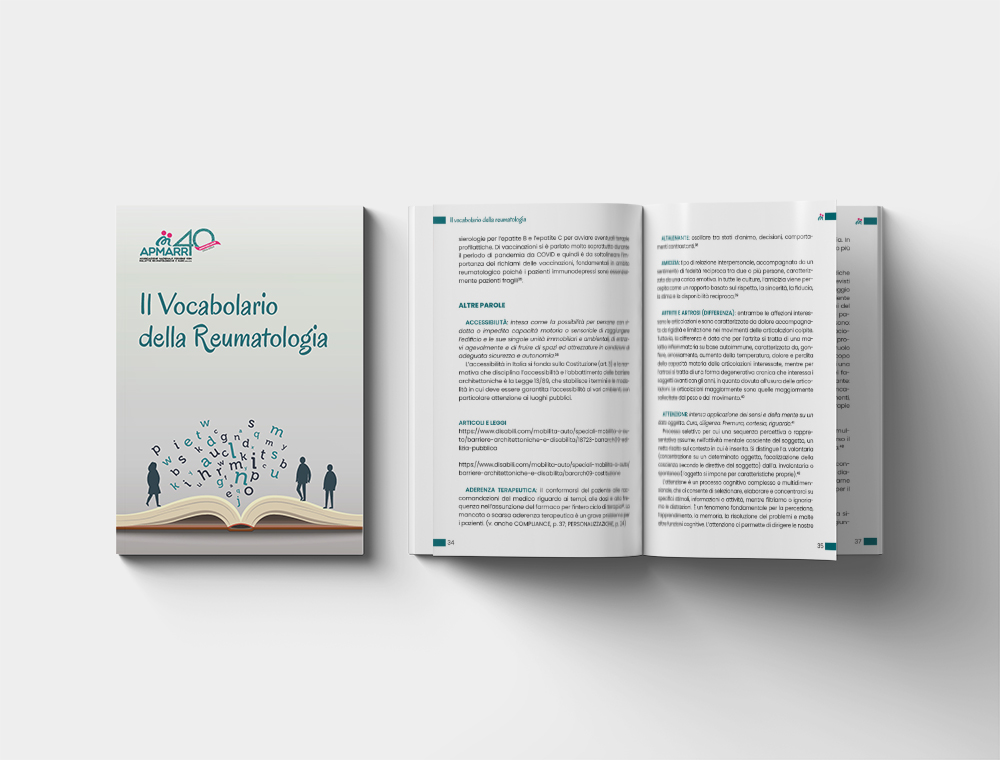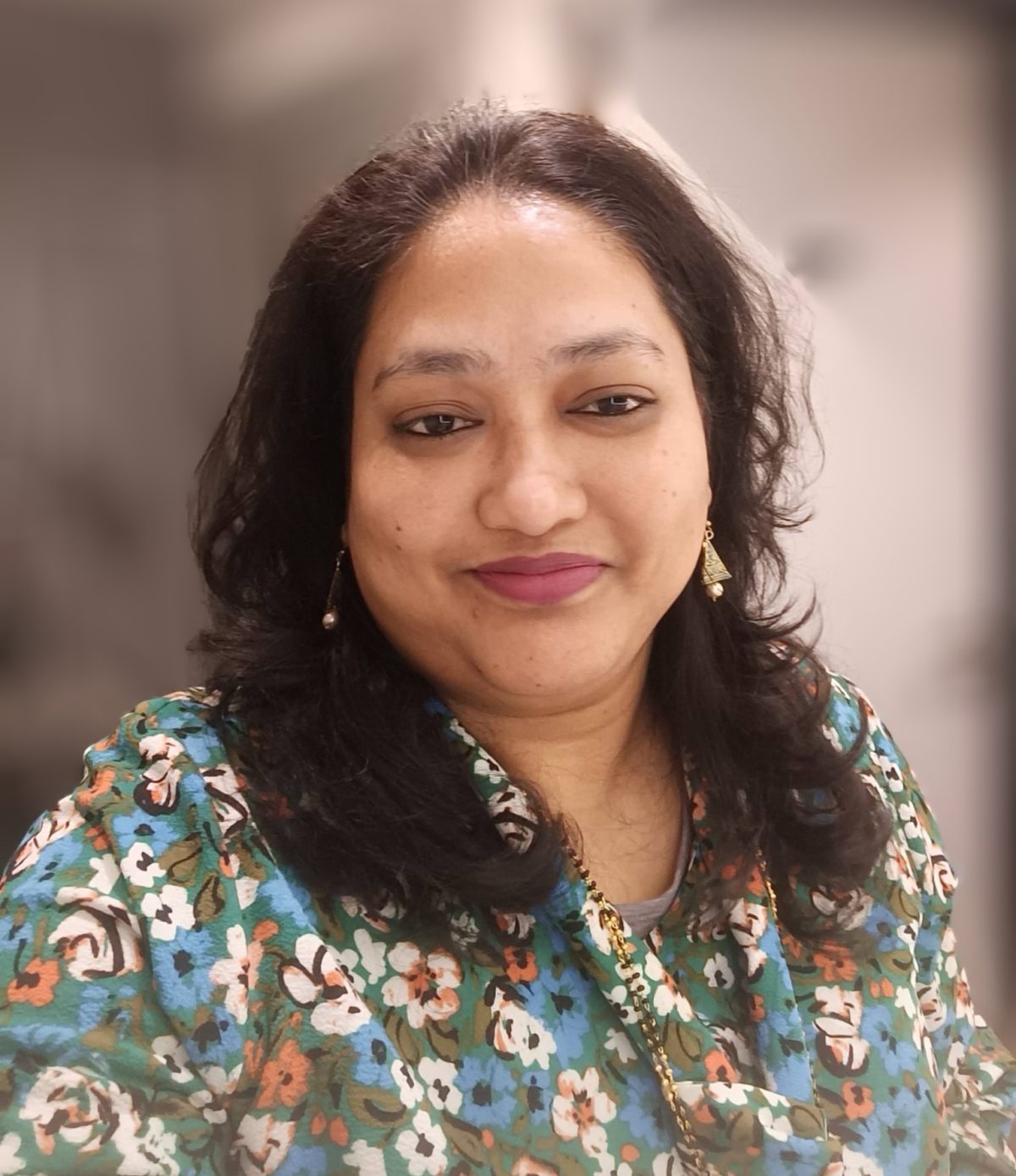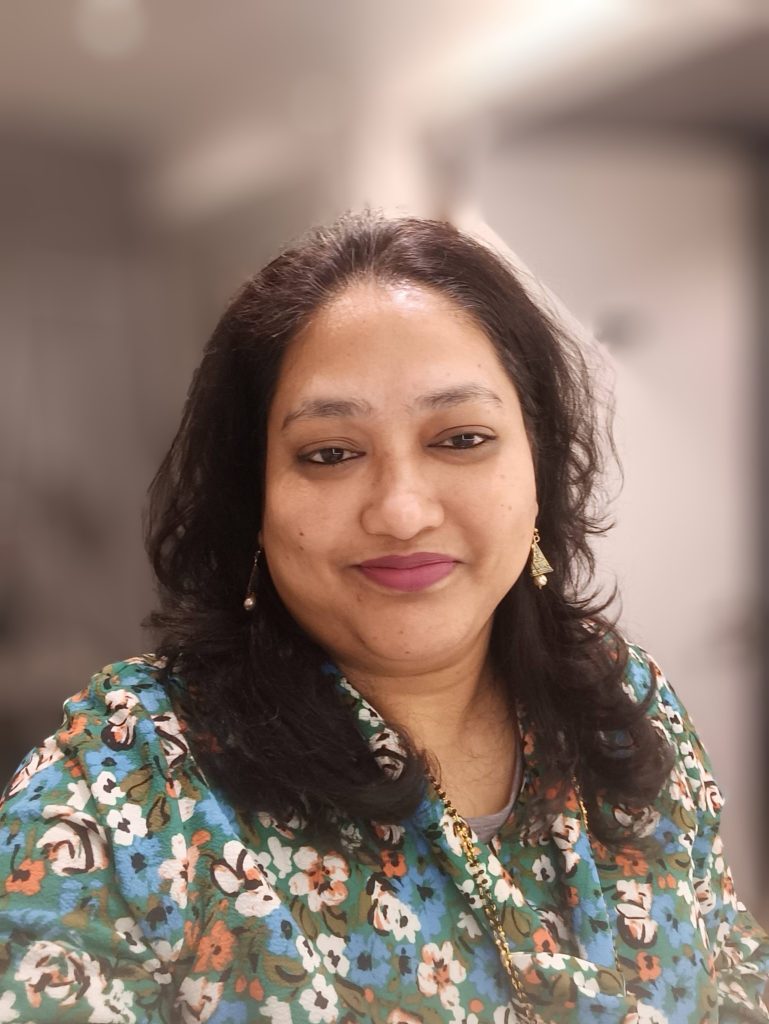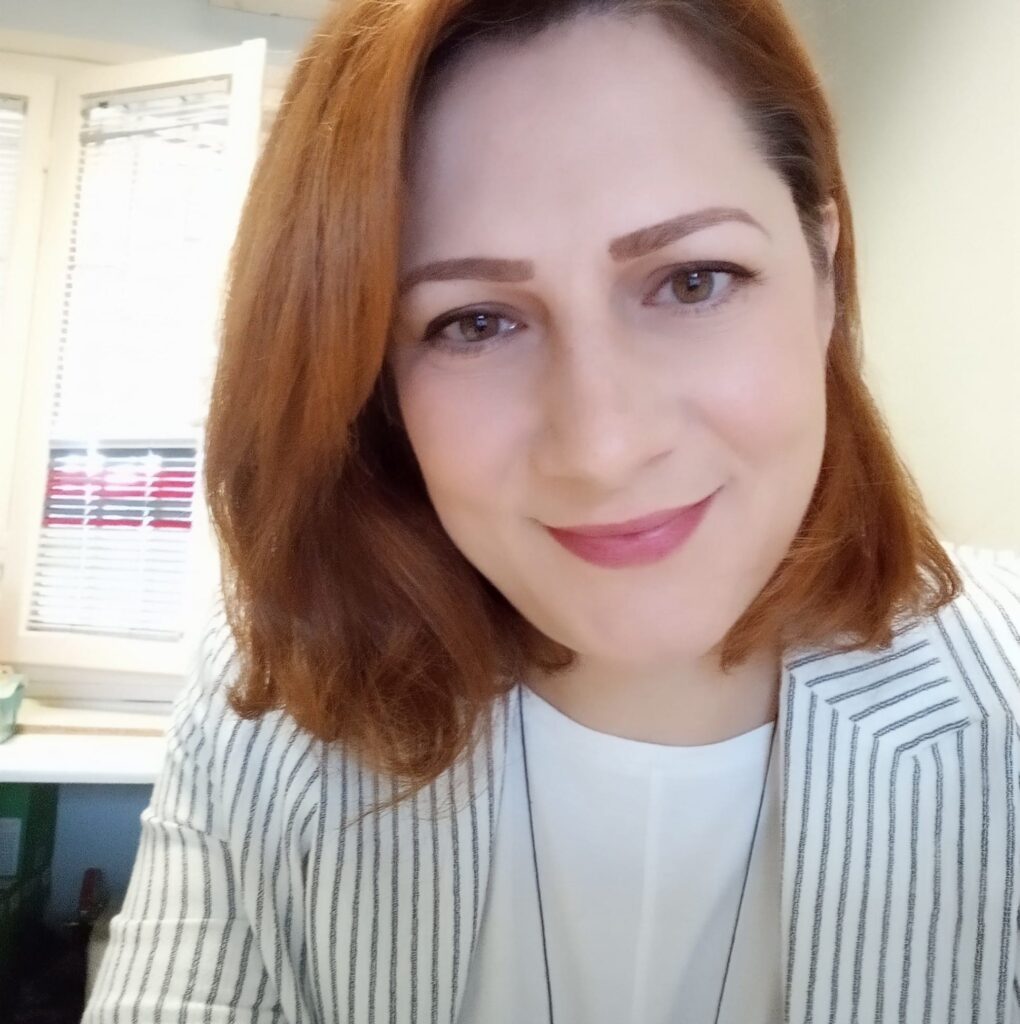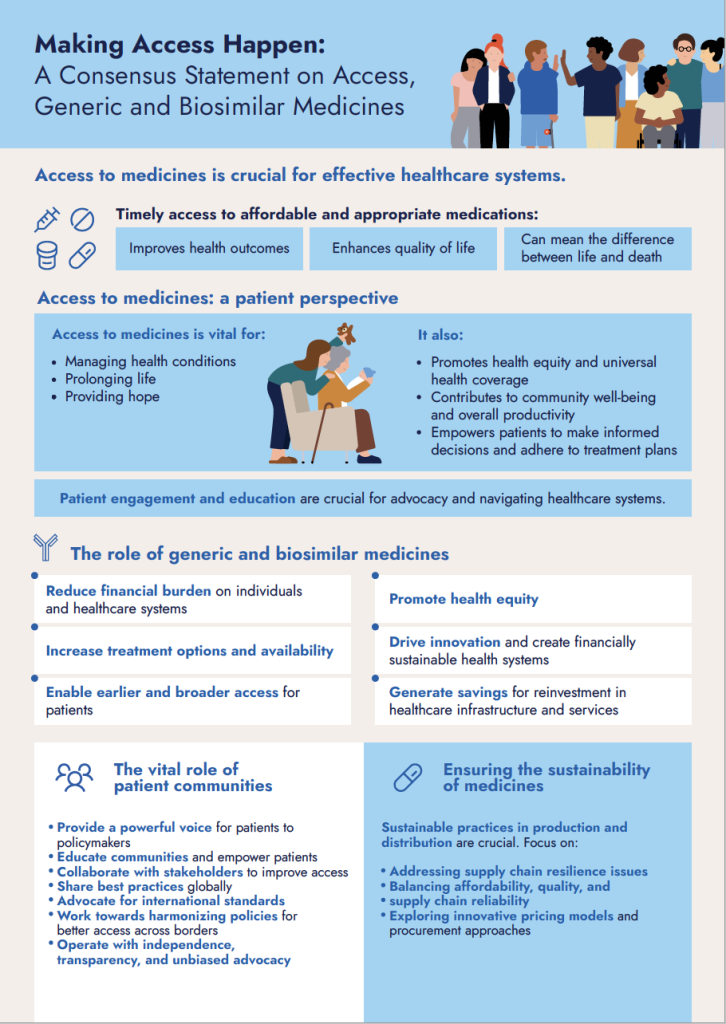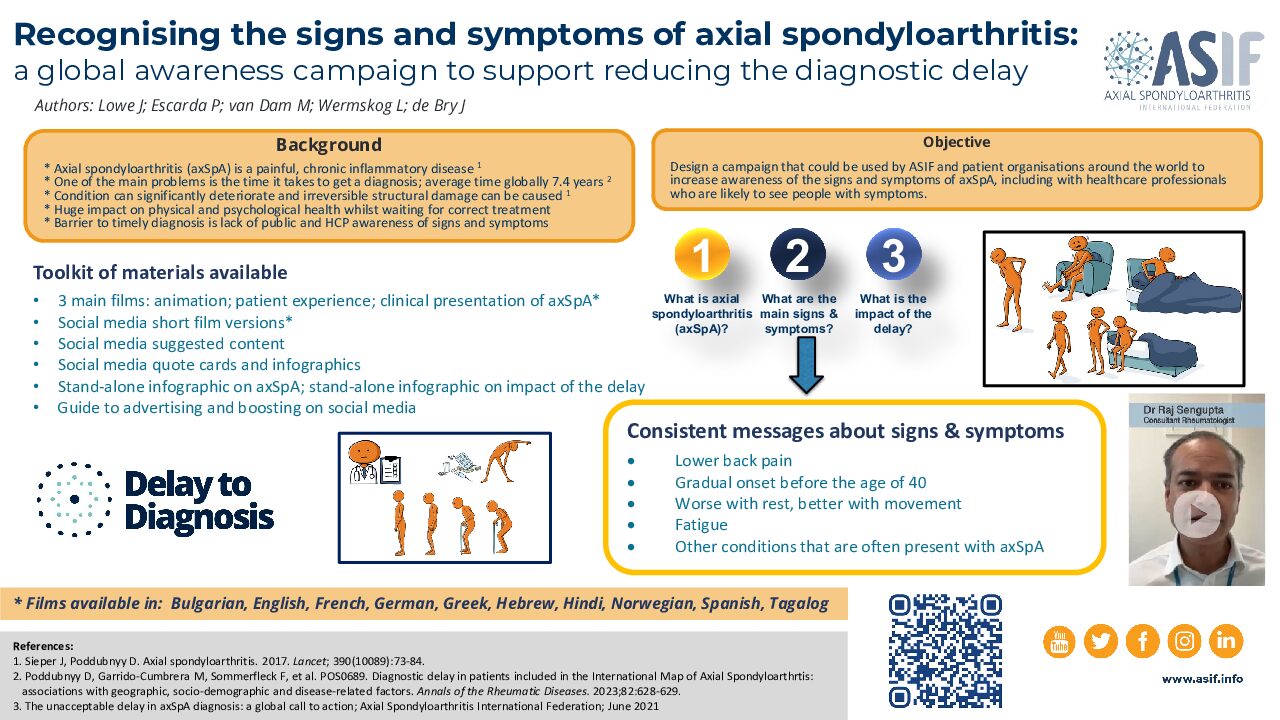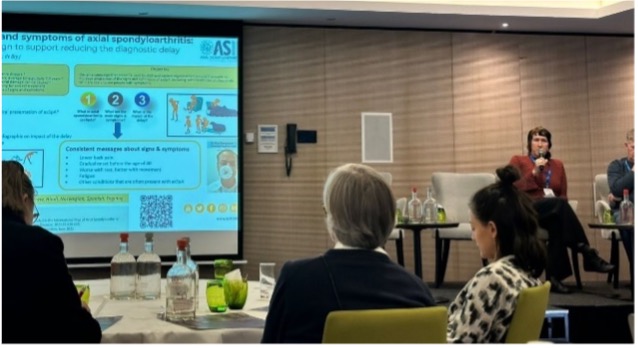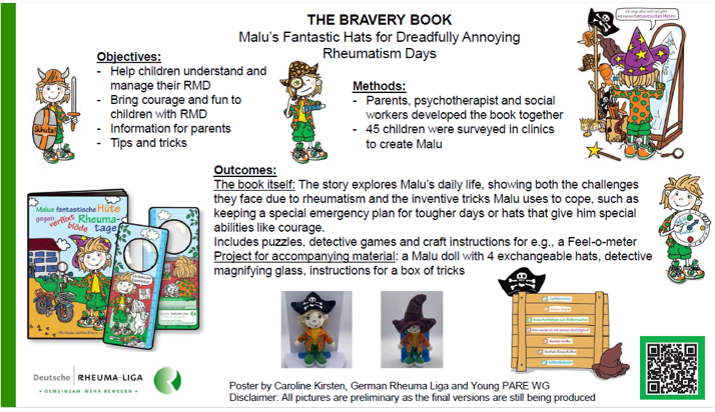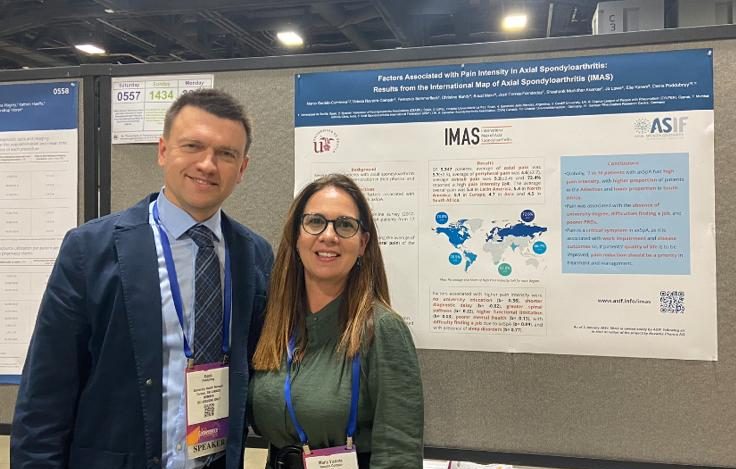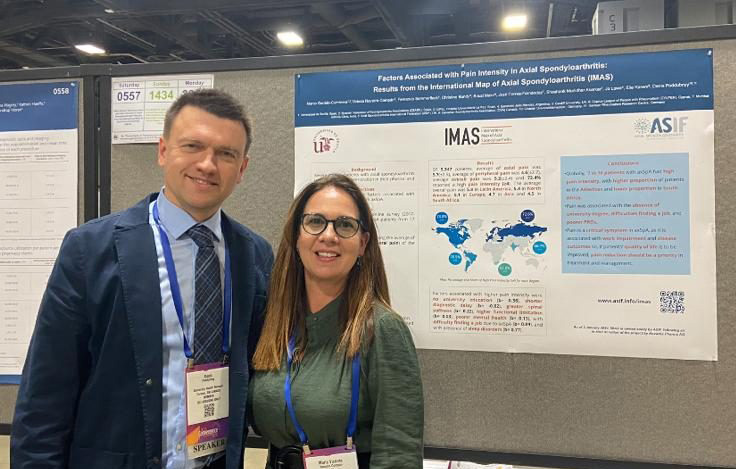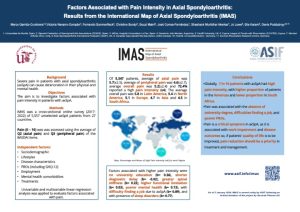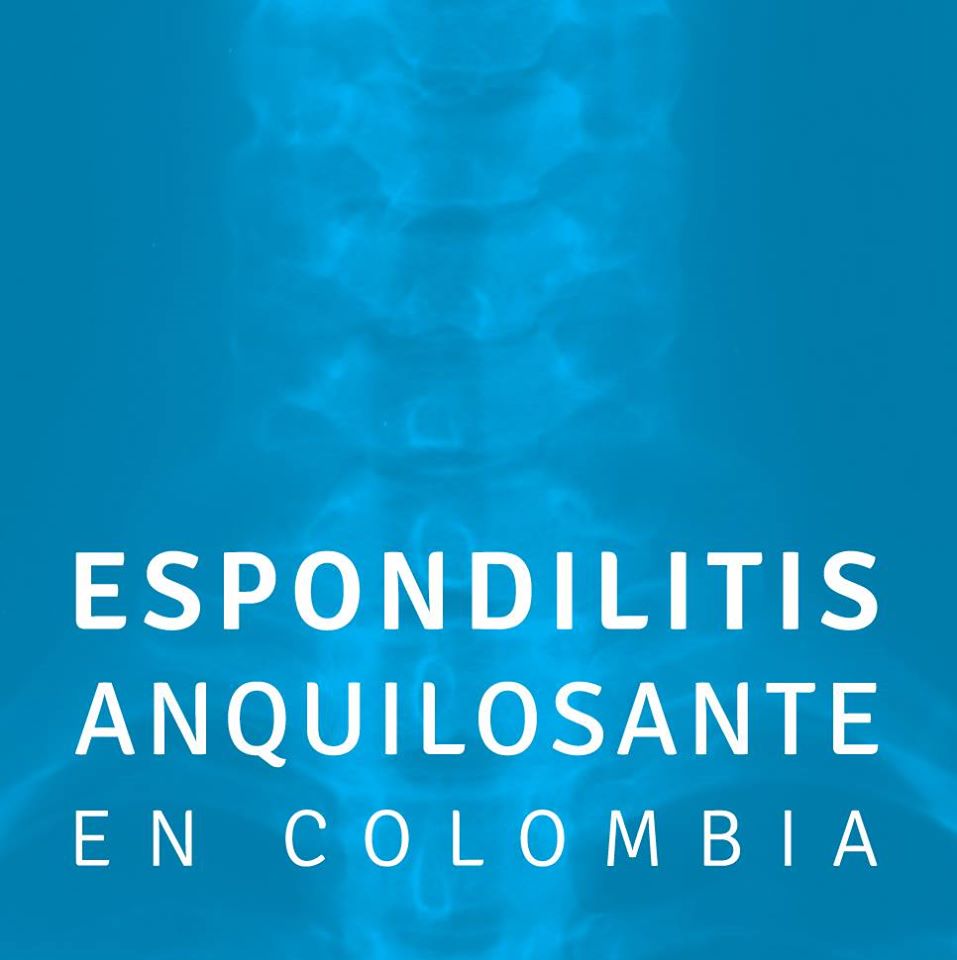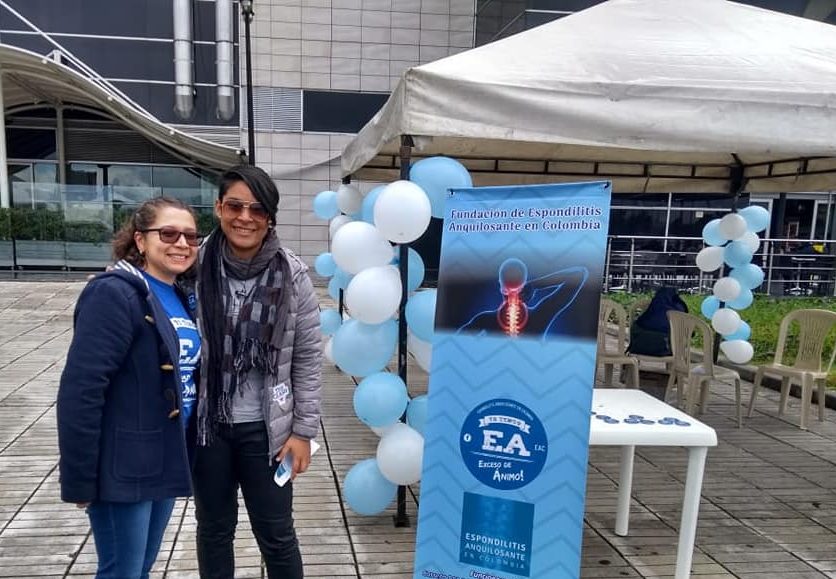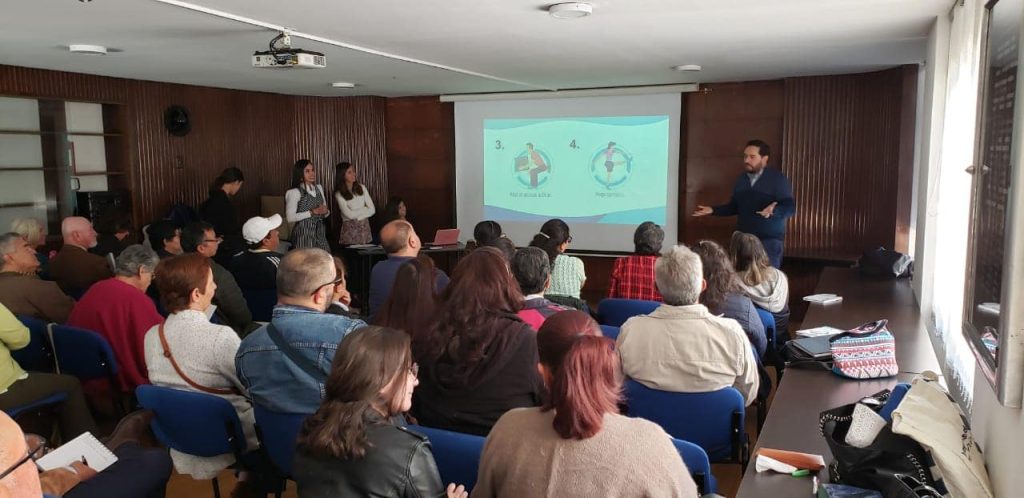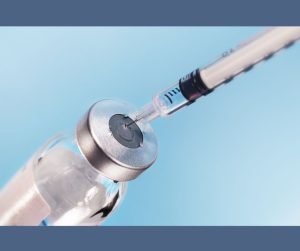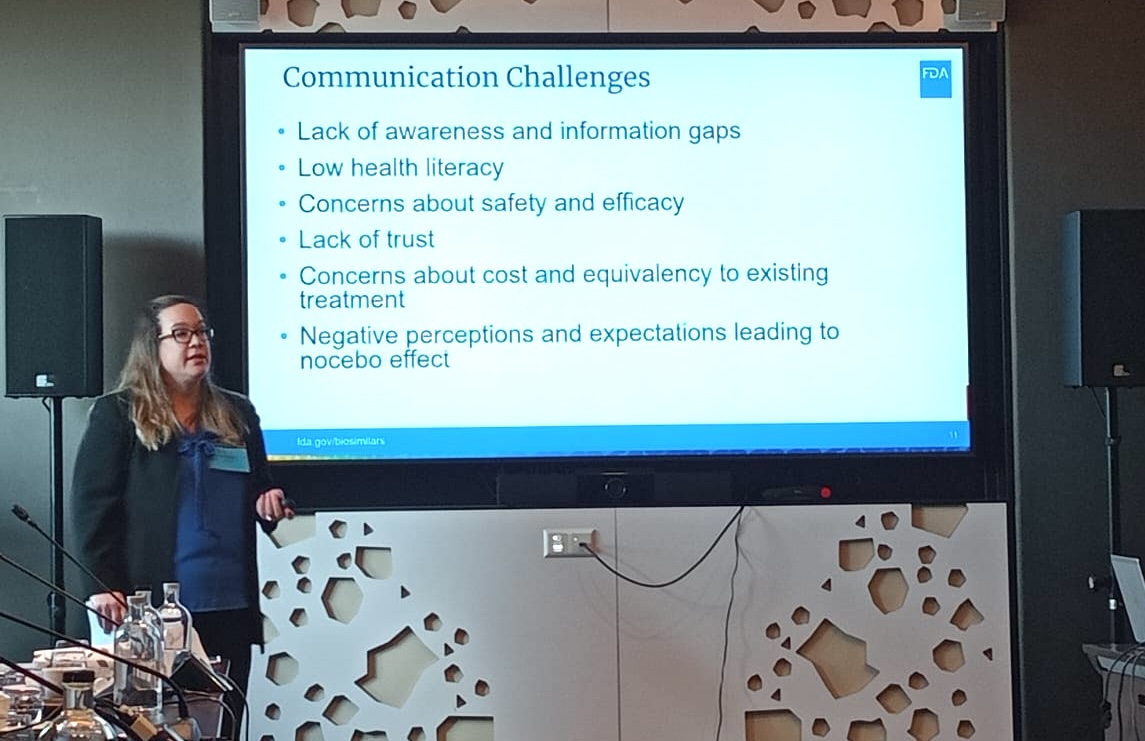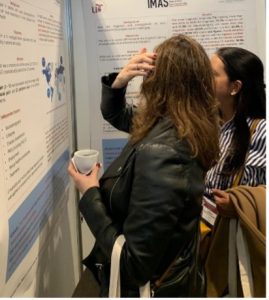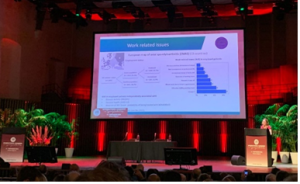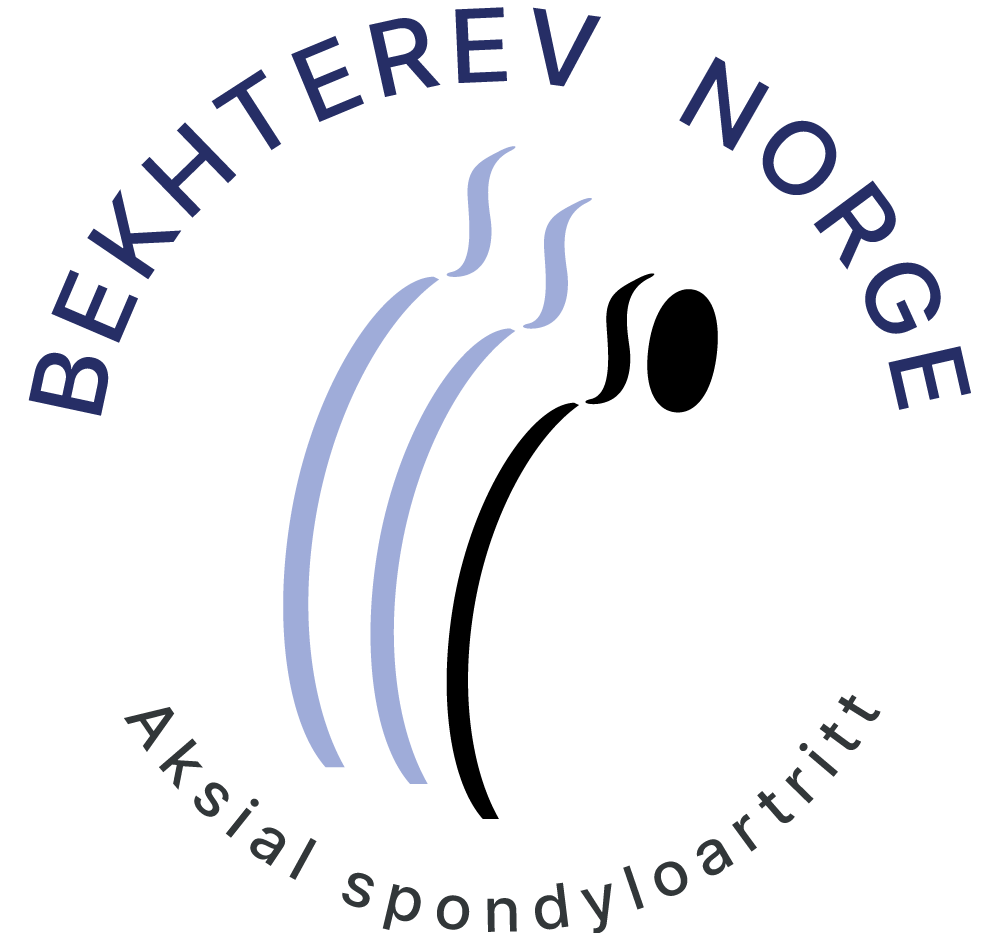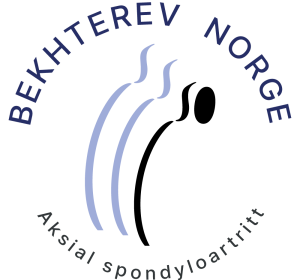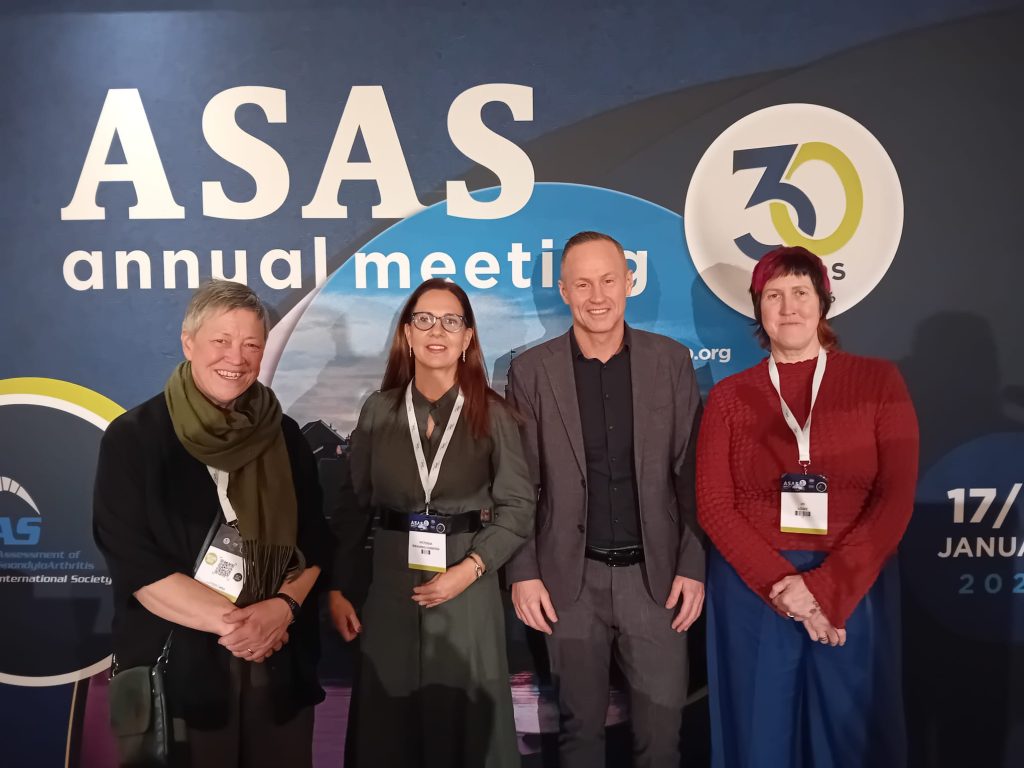
Jo Davies and Jo Lowe were delighted to attend the ASAS annual meeting in January. This year’s event marked 30 years of ASAS and was held in Maastricht, in the Netherlands where the organisation was founded in 1995. It was a fitting way to commemorate the success and achievements of ASAS over the last three decades.
During the meeting, Désirée van der Heijde gave a keynote speech describing how and why ASAS was founded and reflected on the main contributions to the spondyloarthritis field over the years. During the gala dinner, a birthday cake was presented and awards given to the members of the first Executive Committee. The ASAS founders, Sjef van der Linden, Désirée van der Heijde, Maxime Dougados, Asim Khan, Andrei Calin and Nick Bellamy were celebrated for their achievements.
In recent years, the collaboration between ASAS and ASIF has developed significantly and ASIF now has a place on the working groups of two key ASAS projects. Discussing these projects in person and hearing them presented to the wider ASAS membership was a fantastic opportunity. It helps us to understand the engagement and enthusiasm of ASAS members’ contributions and puts into context the rigour with which the organisation’s guidelines and endorsements are developed.
There were also some changes in personnel with Raj Sengupta from The Royal National Hospital for Rheumatic Diseases in Bath (UK) being elected to the Executive Committee; two new leaders of Young ASAS (Clementina Lopez Medina and Murat Torgutalp) and a handover in ASAS leadership from Xenofon Baraliakos to Victoria Navarro Compán.
During the final session of the meeting, this handover was an opportunity for Xenofon to thank the members of ASAS and reflect on his five years leading the organisation. Victoria discussed the future of ASAS and what the next five years under her leadership might look like; she also had some wonderful words of admiration for Xenofon and used the occasion to present him with gifts to celebrate his tenure.
